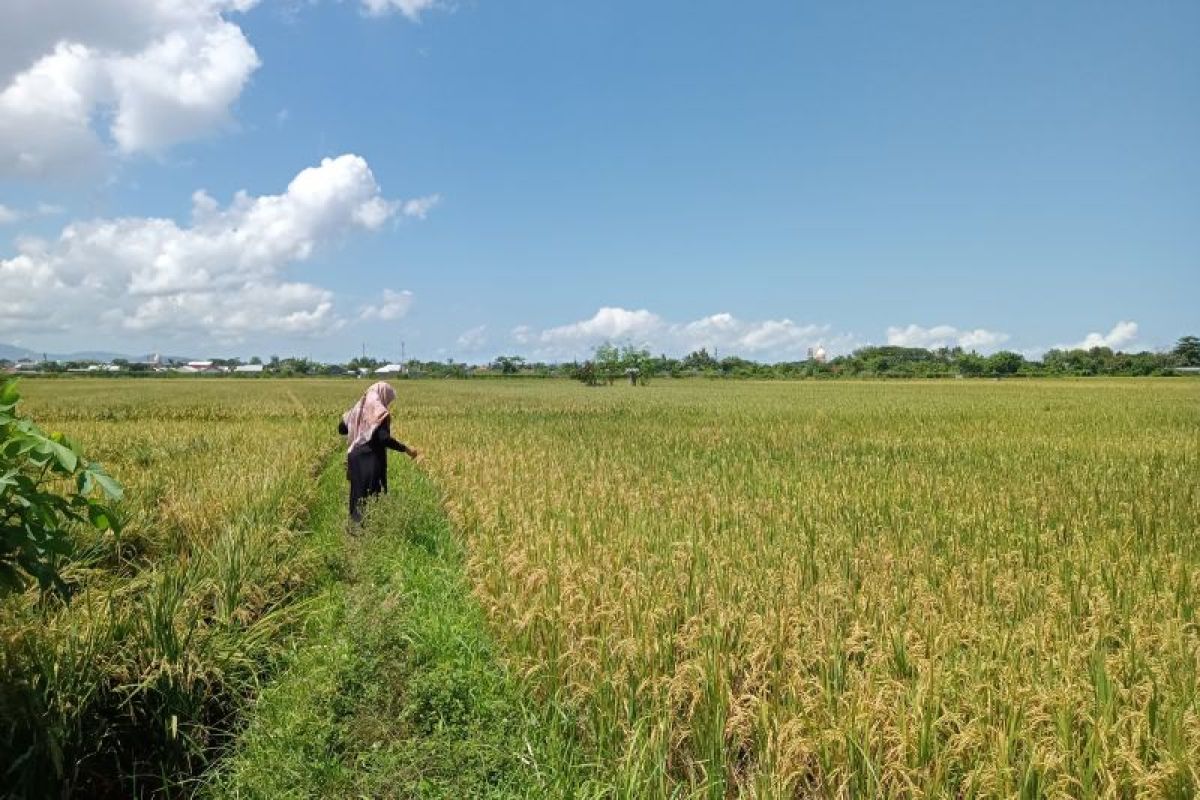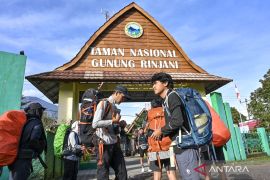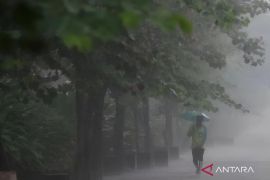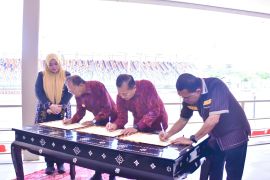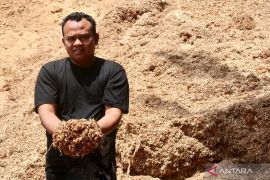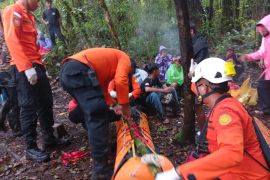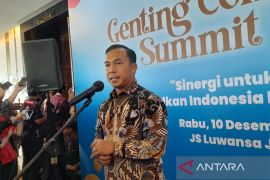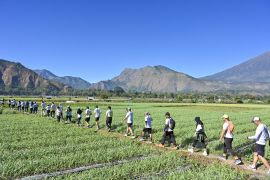"We continue to use unused lands to boost agricultural productivity. The presence of new dams enabled us to plant food crops in unused lands," Head of the Agriculture and Plantation Office of NTB Muhammad Taufieq Hidayat said here on Sunday.
The NTB local government is pushing the implementation of climate-smart agriculture (CSA) to tackle food crises. CSA is a rice cultivation system that is carried out intensively, including the management of fertilizers, water, seedlings, and pest and disease control measures.
In addition to being efficient in water use, the CSA method is adaptive to climate change and can reduce greenhouse gas emissions.
The method is deemed able to increase productivity and income sustainably, strengthen plants' resiliency against climate change, and reduce the contribution of the agricultural sector to climate change.
Related news: President inaugurates Beringin Sila Dam to bolster agriculture in NTB
Hidayat explained that climate change causes phenomena, such as La Nina and El Nino, to occur more often. They do not only cause water shortages or excess water but also increase diseases in agricultural plants.
In the last four years, NTB has continued to record positive performance in rice production with surpluses continuously occurring in the province.
In 2020, NTB's rice production reached 1.31 million tons of unhusked rice, then rose to 1.41 million tons in 2021.
Furthermore, the production increased to 1.45 million tons of unhusked rice in 2022, then touched 1.53 million tons in 2023.
According to data from Statistics Indonesia (BPS), the national rice production in 2023 reached 53.98 million tons, with total harvest areas of 10.21 million hectares.
Related news: BRIN developing farm technology for dry land in NTB
Translator: Sugiharto Purnama, Raka Adji
Editor: Yuni Arisandy Sinaga
Copyright © ANTARA 2024
